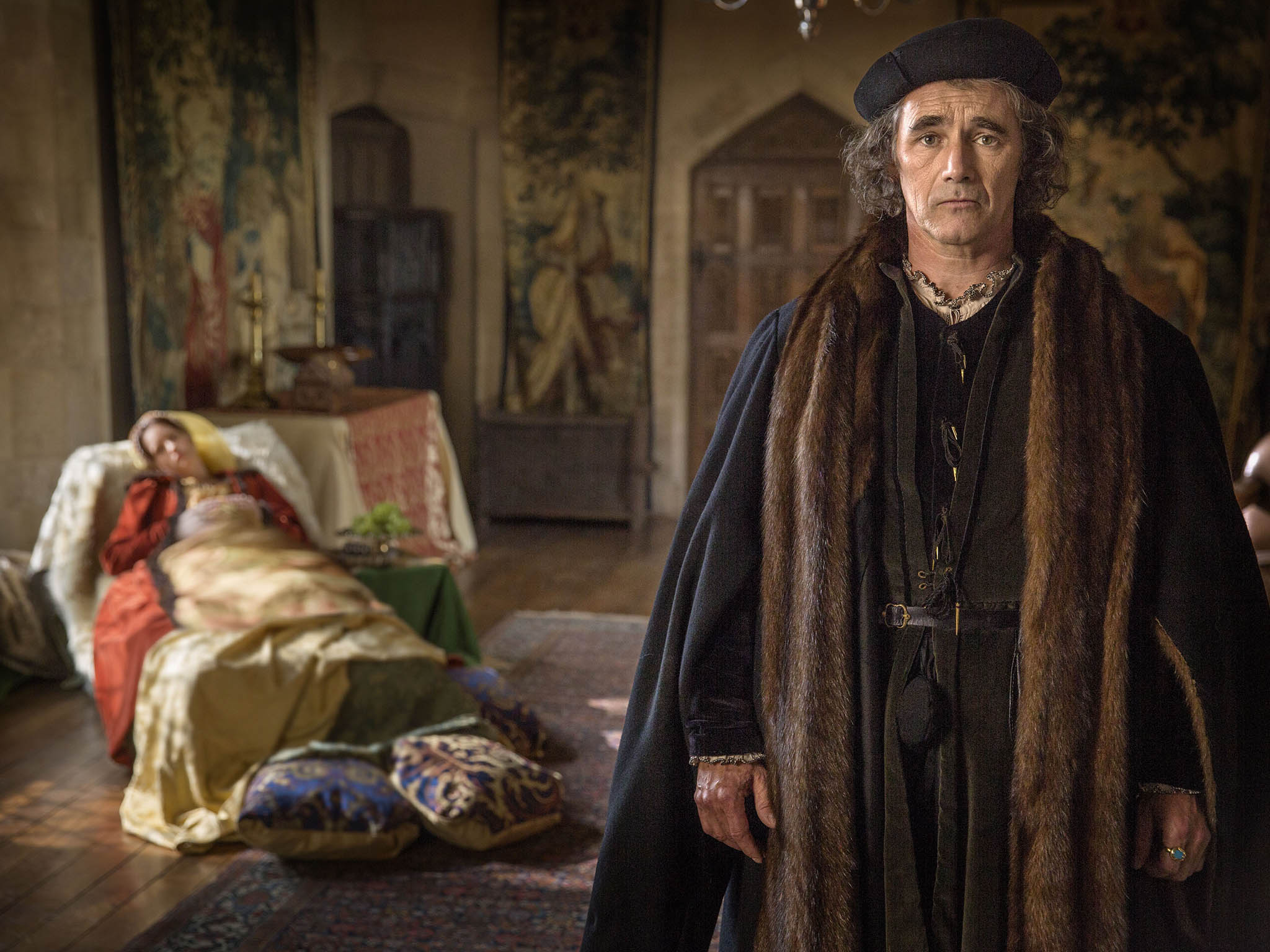The BBC isn't perfect - but it's still one of Britain's finest institutions
Troublingly, it is anticipated that the government will propose transferring oversight and regulation to a combination of Ofcom and a new board of trustees – the chairman and deputy chairman of which would be appointed by ministers. This, at a stroke, would alter the terms of the covenant between the Beeb, the government and the British people

Your support helps us to tell the story
From reproductive rights to climate change to Big Tech, The Independent is on the ground when the story is developing. Whether it's investigating the financials of Elon Musk's pro-Trump PAC or producing our latest documentary, 'The A Word', which shines a light on the American women fighting for reproductive rights, we know how important it is to parse out the facts from the messaging.
At such a critical moment in US history, we need reporters on the ground. Your donation allows us to keep sending journalists to speak to both sides of the story.
The Independent is trusted by Americans across the entire political spectrum. And unlike many other quality news outlets, we choose not to lock Americans out of our reporting and analysis with paywalls. We believe quality journalism should be available to everyone, paid for by those who can afford it.
Your support makes all the difference.Sunday’s Bafta TV Awards were dominated by the BBC. Not only did the corporation’s shows pick up many of the night’s big gongs, but it was also the subject of several impassioned defences, notably from Mark Rylance and Peter Kosminsky – respectively star and director of Wolf Hall.
Some might contend that ‘luvvies’ standing up for the Beeb is rather like turkeys voting to abolish Christmas. There was also a hint of theatre about Kosminsky’s attempt to draw a parallel between government proposals for the BBC and the actions of authoritarian regimes in Russia and North Korea. Even so, he was not being overly dramatic when he described Britain’s public service broadcasters – Channel 4 as well as the BBC – as the “envy of the world”.
The government maintains that changes to the BBC’s mode of operations are important to secure value for money and to ensure that rival, privately-run, broadcasters are better able to compete. Yet it is hard to avoid the conclusion that attempts to limit the corporation’s remit and, however indirectly, its independence are driven by party politics and by dogmatic ideology.
On the party political front, the BBC has long been viewed with suspicion by some Conservatives, who regard it as a refuge for both hard Marxists and soft liberals – neither of whom can be trusted. There is no good evidence of an anti-Tory bias, in news or elsewhere. Indeed, 50,000 people signed a petition last summer accusing the Beeb of bias against Jeremy Corbyn. More tellingly, BBC journalists are regularly cited as being the most trusted by the public – John Whittingdale might not like the results of such surveys, but they speak volumes.
Ideologically, free marketeers within the Conservative Party worry that the BBC is anti-competitive: which is true in the sense that it has a guaranteed income from the license fee; but false in that it still has to compete for audience share against well-funded rivals. Whittingdale seems hell-bent on giving ITV et al an easier ride by suggesting to the BBC that it shouldn’t put up Strictly Come Dancing against X Factor. But if he thinks that Strictly is to blame for X Factor’s decline, he obviously didn’t watch last year’s series. We should demand excellence from all, not give bad programming a free pass by clearing the schedules for it.
When the government’s white paper is published on Thursday it is also expected to include a proposal that staff earning over £150,000 ought to have their salary details published – which appears to be an attempt by John Whittingdale to be on the other end of a privacy invasion.
Most troublingly, though, it is anticipated that the government will propose transferring oversight and regulation to a combination of Ofcom (a regulator enshrined in statute) and a new board of trustees – the chairman and deputy chairman of which would be appointed by ministers. This, at a stroke, would alter the terms of the covenant between the Beeb, the government and the British people. The Secretary of State and the Prime Minister will offer words of reassurance and explain that this will not impact on the BBC’s independence. But it feels very like the tip of a slippery slope down which comforting platitudes disappear very fast.
Not to put too fine a point on it, the BBC is one of Britain’s great institutions, deserving of all the Baftas it’s awarded. Perfect? Perhaps not, and it is right that its remit and the use of license-payer should be open to an appropriate level of scrutiny. But beyond that, meddling ministers should turn on, tune in – and then butt out.
Join our commenting forum
Join thought-provoking conversations, follow other Independent readers and see their replies
Comments